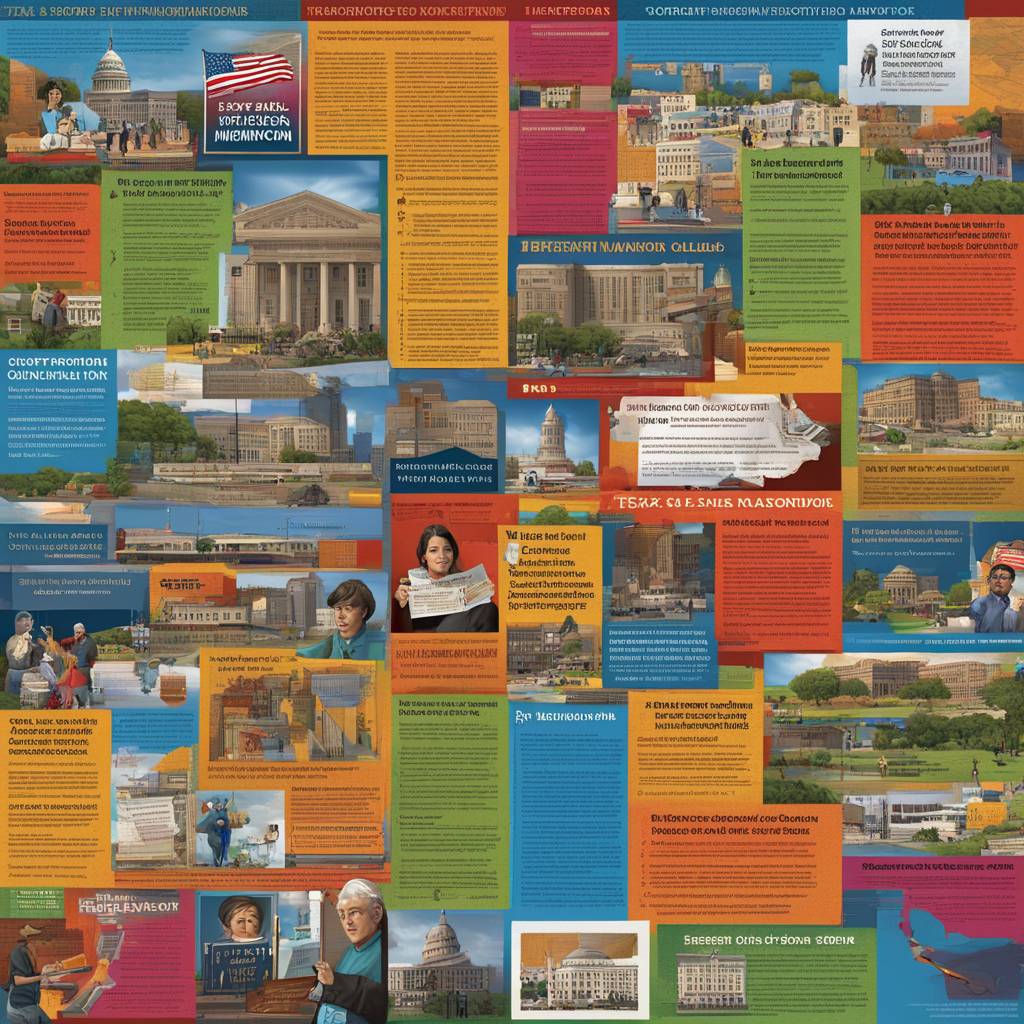The controversial Texas law known as SB 4, which allows state officials to arrest and detain individuals suspected of entering the country illegally, will remain blocked while legal challenges are ongoing. The law was temporarily allowed to go into effect by the Supreme Court before being put on hold by a federal appeals court panel. The court cited concerns that SB 4 may violate the US Constitution, as immigration enforcement is typically a federal responsibility. The decision to block enforcement was made by a 2-1 vote, with Chief Judge Priscilla Richman expressing doubts about the law’s constitutionality.
Richman’s opinion highlighted the potential conflict between Texas attempting to fill a void in immigration enforcement and the powers reserved to the United States under the Constitution. The majority opinion called into question whether Texas could effectively replace federal immigration authorities. On the other hand, Circuit Judge Andrew Oldham, appointed by former President Donald Trump, disagreed with the decision and argued that Texas should be allowed to enforce the law. He expressed concerns about the consequences of invalidating the law and the impact on state sovereignty.
SB 4, signed into law by Texas Governor Greg Abbott, criminalizes illegal entry into the state and authorizes state judges to order deportations. A US District Judge had previously blocked the law, stating that it interfered with the federal government’s authority over immigration. The appeals court will consider the injunction on April 3, with the potential to deal a significant blow to SB 4 if upheld. Texas may appeal the recent decision to the Supreme Court or seek a full review by the 5th Circuit, but such actions appear unlikely given the upcoming hearing.
The Biden administration, immigrant advocacy groups, and El Paso County are among the challengers to SB 4. The case has sparked debate over state versus federal authority in immigration enforcement and the implications of allowing individual states to set their own immigration policies. The legal battle over SB 4 reflects broader tensions surrounding immigration policy in the United States and the role of states in regulating immigration. The outcome of this case will have significant implications for the enforcement of immigration laws in Texas and beyond.


